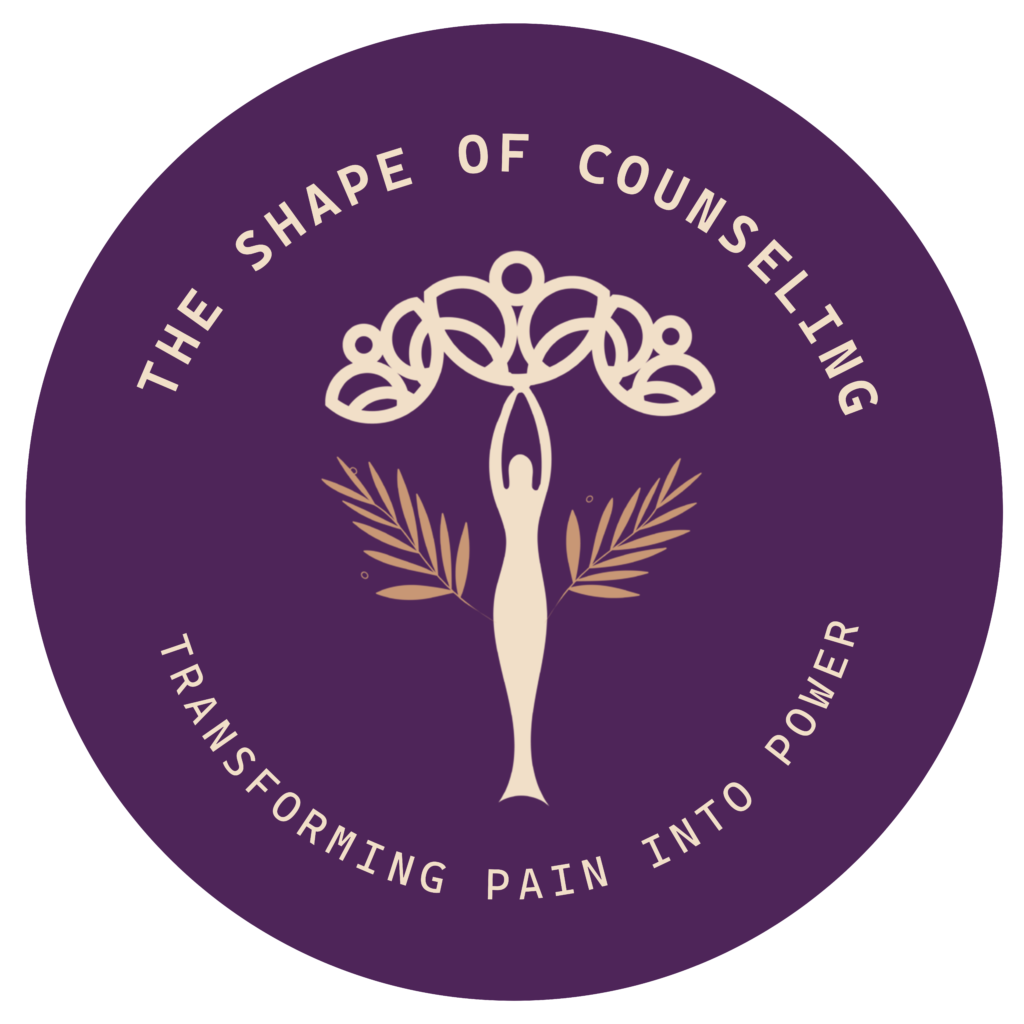Are you feeling overwhelmed by your own narcissism and/or the narcissism of someone close to you? Are you looking for help understanding why narcissistic behavior happens and how to change it? If so, then this blog post may be just what you need.
Here we will discuss Narcissistic Counseling: what it is, its underlying causes, treatments available, and the potential benefits of speaking with a mental health professional trained in ‘narcissistic counseling’.
By better understanding who narcissistic individuals are and why their behavior occurs, we can effectively develop strategies for managing their dysfunctional patterns in order to live more peaceful lives.
According to research, over 15 million Americans are affected by narcissism and its various degrees, from mild to severe. Whether it’s a partner or co-worker that needs some understanding or an actual diagnosis of Narcissistic Personality Disorder (NPD), counseling can help bring balance back into your life.
How to identify if you’re a narcissist?
Identifying if you are a narcissist can be difficult due to the complexity and nuance of mental health. But, it is important to discover if you have narcissistic tendencies, as your behavior can have an impact on those around you. Excessive self-importance or grandiosity are common indicators that one may not have an accurate picture of themselves or the world around them.
This can be signified by behaviors such as always needing validation from others, having unrealistic expectations they expect everyone else to follow, or disregarding the feelings and personal boundaries of those closest to them. To find out if you’re suffering from the narcissistic personality disorder, observe how you interact with others.
- Are you boastful about accomplishments, or do you effectively share credit with peers?
- Do you over-exaggerate stories or find yourself taking more attention than necessary?
- Do they signal a grandiose attitude or extreme insecurity? (For this, pay attention to your reactions when encountering criticism or disappointments).
Answering these questions honestly can help guide your assessment of whether it’s time to consult a qualified professional for further exploration into the realm of narcissism.
5 Types of therapies used to cure the narcissistic personality disorder
Working with a narcissist can be challenging and may not immediately show signs of improvement, but there are beneficial therapies that can help cure narcissistic personality disorder.
- Talk therapy is the most common form of treatment, as it allows narcissists to understand themselves more deeply and identify patterns in their behavior.
- Cognitive Behavioral Therapy (CBT) and other evidence-based psychotherapies are effective, as they help create practical solutions to real-life problems and promote clarity of thought.
- Mindfulness practices such as meditation can also reduce feelings of restlessness or anxiousness, improving overall well-being and promoting self-awareness.
- Dialectical Behavioral Therapy (DBT) focuses on skills acquisition, emphasizing the connection between emotions and reasoning, which can improve communication and relationships.
- Family-based treatments can provide valuable insight into how an individual’s familial background impacts their current narcissism status in order to encourage healthy changes in thinking.
With the right care, a person with narcissistic personality disorder can work towards managing their symptoms for a happier life.
Can therapy/counseling help a narcissist?
Therapy and counseling can be incredibly beneficial for people with narcissistic tendencies, as it provides an avenue to explore the underlying causes of their behavior. Counselors are trained to guide conversations away from defenses, projections, and external blame, which can often be the go-to response of a person having a narcissistic personality disorder.
Moreover, a counselor has an objective perspective that can help an individual gain insight into their behavior in order to attain a more balanced life. With time and patience, therapy can provide invaluable insight into the workings of the mind of an individual diagnosed with narcissistic personality disorder, enabling them to make positive changes in their life.
How often should a narcissist visit a counselor?
Visiting a counselor is strongly recommended for individuals who may suffer from narcissistic personality disorder so that proper diagnosis, treatment, and care can be provided. As to how often needs to be determined by the individual’s needs in close consultation with the counselor.
Generally, a weekly visit assists in making progress with the recovery process as well ensuring that behavior remains steadily shifting toward healthy interactions with both others and oneself. However, guiding the number of visits should be done on a case-by-case basis depending on an individual’s rate of progress and overall mental wellness.
Ultimately, professional counseling should provide suitable support to help those suffering from narcissism live balanced lives that are free from any disabling symptoms associated with this illness.
Talk To Us
Our therapists are ready to talk to you within 24 hours of booking.
Benefits of narcissistic personality disorder counseling
Counseling for narcissists, otherwise known as Narcissistic Personality Disorder (NPD) can be instrumental in helping people better understand why they behave the way they do and develop the skills to break destructive patterns.
It helps individuals who experience narcissistic personality disorder (NPD) become more aware of their self-centeredness, recognize their impact on others, and implement skills to modify their behavior.
A therapist specializing in NPD can provide insight, create a safe space for addressing core issues, and assist with coming up with healthier approaches to disagreeing with loved ones that don’t involve becoming defensive or manipulative.
During counseling sessions, individuals will work on improving communication skills, learning to be less arrogant and entitled, overcoming feelings of shame or guilt as well as fading boundaries between themselves and other people.
In addition to providing deeper understanding and growth opportunities, psychotherapy is a great tool for providing structure and guidance throughout the recovery process and ensuring long-term success.
How to choose the right counselor for a narcissistic personality disorder?
Choosing the right counselor for narcissistic personality disorder is an important decision that requires careful consideration. It is essential to find a professional who understands the nuances of this particular mental health condition, someone who listens with empathy and has the knowledge, skill, and experience to provide effective treatments.
Researching several counselors before making a commitment is recommended. Before making a decision, consider factors such as credentials, certifications, training, and past experiences with clients as well as any specialized qualifications related to narcissistic personality disorder.
Most importantly, it is imperative to feel safe and comfortable with your counselor so that you can gain insight into yourself and begin the journey toward healing. If you’re a resident of [Location], contact us today and let our professional therapists and counselors help you get rid of narcissistic personality disorder.




